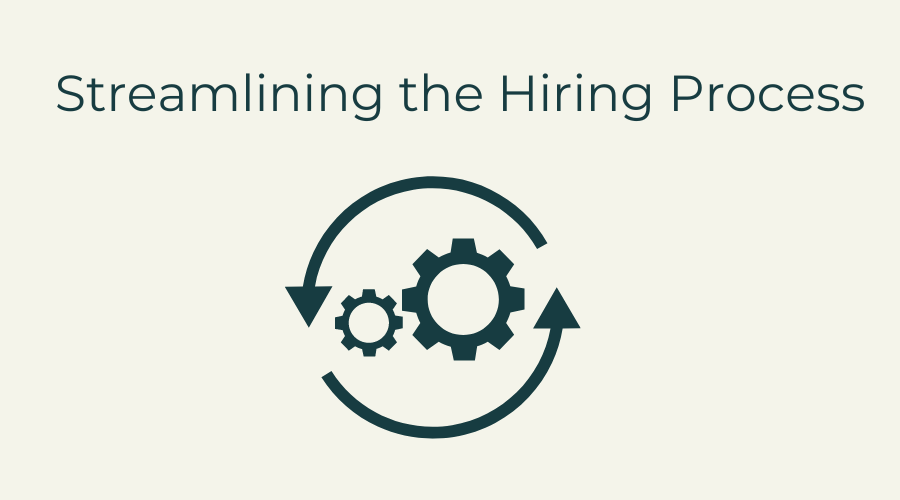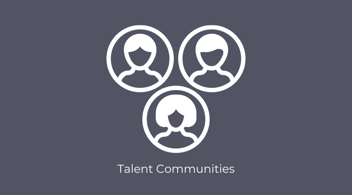
Streamlining the Hiring Process
The HR world is abuzz about bringing transformation to employment starting with the hiring process. Check any well-known recruiter’s social media space, and you’re sure to find their take on how companies can treat candidates better. It’s popular right now to take a stand for the unemployed searching for work and declare the hiring process be turned upside down. Is this a just another talking point trending, or is there really some change to be had? What does a quality hiring method look like, and why is it important?
An employer’s hiring process is the first glimpse into the organization for every applicant. The hiring process can be the driving factor pushing a unicorn candidate to choose one company over another. With less positive outcomes, hiring methodologies can also have legal implications and lead to future legal action if the wrong steps are taken, not to mention the potential for negative media and public damage. Examining a few questions and answers about a quality hiring process may be helpful in grabbing the attention of that unicorn candidate, preventing negative publicity, and avoiding legal risk.
Streamline the Amount of Interviews
Many companies or hiring managers do not come to the job market prepared with a set of applicant steps. This can create confusion on the part of both interviewers and candidates throughout the applicant search. It is critical to be able to prepare applicants with clear expectations and time commitments through the hiring process. Typical entry and mid-level jobs may require 2-3 interviews including an initial phone screen. For high level or C-suite positions, additional screening is expected and may include up to 4-5 meetings throughout the process.
Keeping the interview process dragging for weeks or months on end and requiring meetings with unnecessary parties may turn candidates off from an organization. Additionally, this makes the hiring department appear unorganized and likely sends a huge red flag to applicants.
Can sample work be requested of candidates?
Asking candidates to submit small assignment or drafts during the interview process is allowable, but it should be kept to the latter end of the hiring process. Anyone being asked to submit their own work as part of the hiring process should be in the top tier of applicant being considered for hire. The work should be of a small scale and not consume too much of the applicant’s time. Any work submitted from the candidate could not be used by the company itself. Requiring an employee to complete a working interview is also allowable, but candidates should abide by all employment laws and be compensated for any time worked.
How often should communication happen?
Companies in this day and time do not want to gain a reputation of ghosting candidates. It is vital that the hiring team maintain consistent communication with candidates, both those moving forward in the process, and those being passed on. Communication, positive and negative news, shows the company and hiring team to be not only organized, but also empathetic. Candidates searching for work are depending on communication from the companies they interview with as they make difficult decisions about their future career.
Even if a stall in hiring must occur, it’s important to be honest with candidates about the stagnant state. The open communication style can also be advantageous to the employer as applicants may share additional information about the status of their job search that could influence how quickly the process should be moving. To maintain consistency, companies may consider establishing a standard template for the candidates that don’t get hired. Consistency, although leaving room for catering slightly to each person if applicable, may mitigate any risk of potential accusations of discrimination in the hiring process.
What to avoid in the hiring process?
In order to avoid making a legal error, hiring managers and anyone interviewing candidates should be trained on what is and is not ok during the hiring process. All interview questions should be kept relevant to the job duties. Candidates should never be required to answer questions about anything pertaining to their personal life, appearance, or skillsets unrelated to the job. Keeping managers and interviewers up to date on discrimination training will go a long way in avoiding future legal missteps in the hiring process.
Transforming the hiring process is not going to change overnight, but there are small and simple steps companies can take to ensure every candidate is being given a fair and positive application experience. Avoiding legal mistakes, keeping open communication, limiting interviews and sample work to reasonable requirements all will help employers be a part of the hiring transformation, making hiring more equitable for all.
Stephanie Mauney is a freelance writer and content curator specializing in Human Resources


